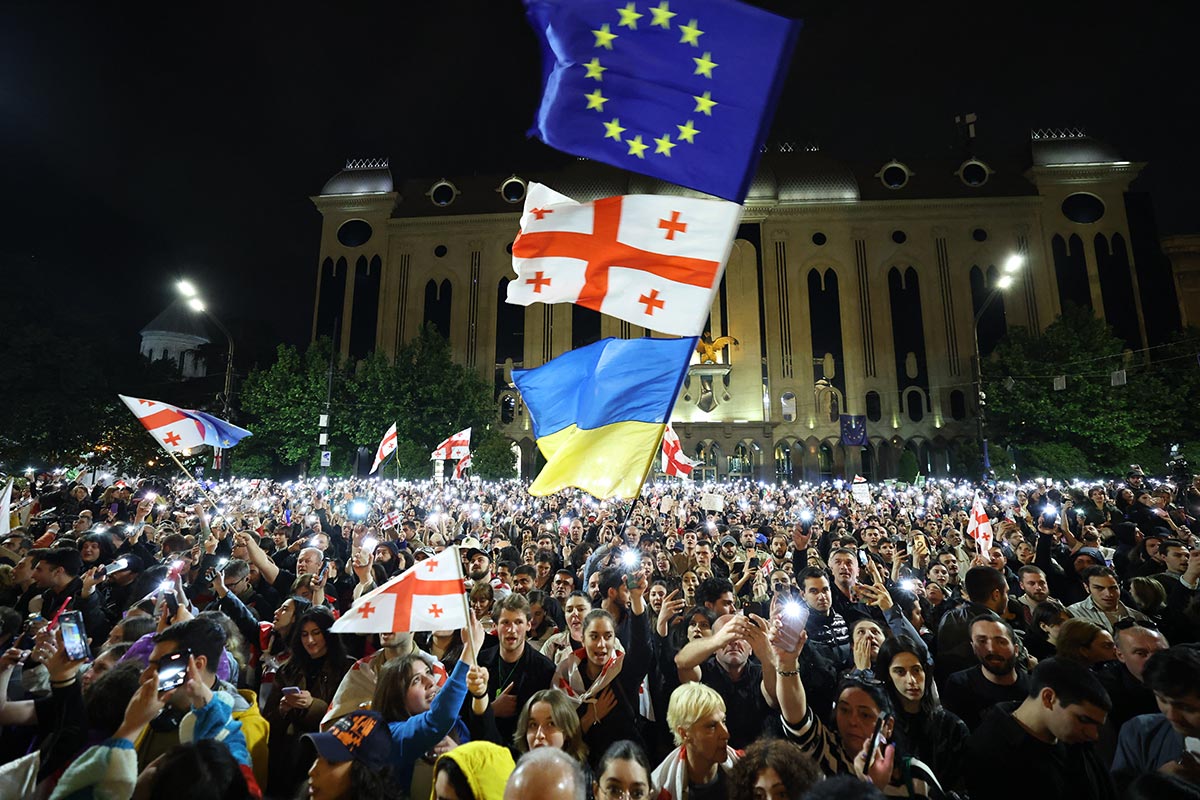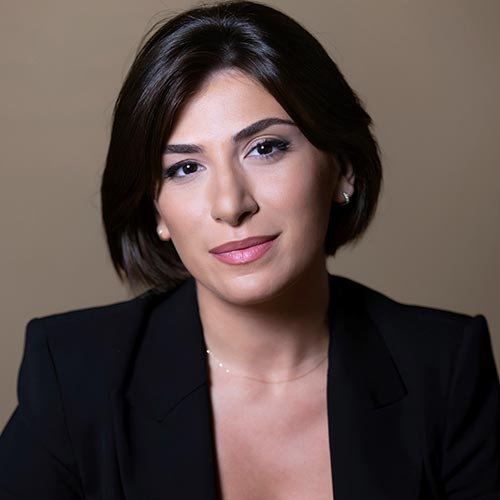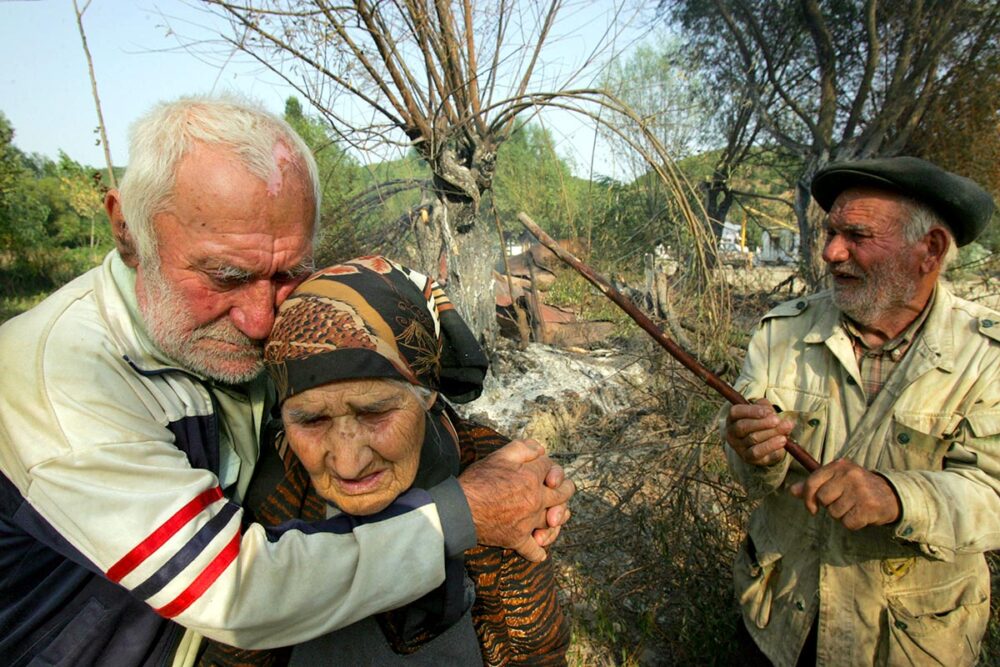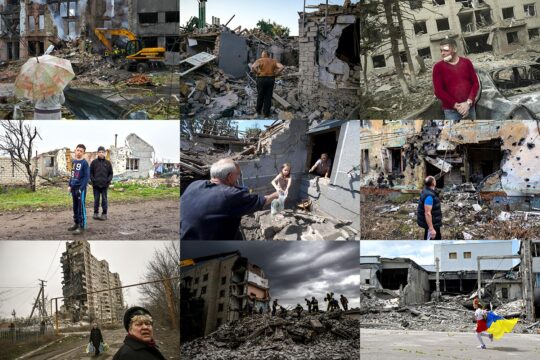This month of August marks 16 years since Russian ground forces breached Georgia’s sovereignty on August 8, 2008, crossing through Abkhazia and South Ossetia with aid from the Russian air force and Black Sea fleet. The invasion, accompanied by actions that amounted to war crimes, led to the displacement of 26,888 individuals (9,081 families) and the death of 228 Georgian civilians. The International Criminal Court (ICC) concluded its investigation into the war on December 16, 2022, issuing arrest warrants against officials related to the de facto South Ossetian administration, an ally effectively controlled by Russia.
On April 28, 2023, the Strasbourg-based European Court of Human Rights (ECHR) ruled that the Russian Federation must pay 130 million euros to Georgia for the August War, based on its January 21, 2021 judgment in an interstate case. However, the crucial question remains: when will this judgment be enforced, ensuring compensation for the victims?
As of now, no payments have been made, and the total owed, including accrued interest, stands at approximately 133.4 million euros. The Committee of Ministers of the Council of Europe has repeatedly urged Russia to fulfill its obligations and facilitate the safe return of Georgian nationals to their homes. Nevertheless, Russia’s failure to adhere to the principle of Pacta Sunt Servanda – a fundamental principle of law which holds that treaties are binding upon its parties – suggests that all conventional obligations will remain unfulfilled until there is a political will to comply.
Russian-style law: a step backward for Georgia
This unresolved issue is exacerbated by Georgia’s recent Russian-style bill on transparency of foreign influence introduced on April 3, 2024. This legislative move, aimed at shifting Georgia’s alignment away from the European Union (EU) and NATO, has triggered widespread dissent in the country. For victims who have suffered severe human rights violations, including threats to life and property destruction, this legislative shift represents a significant setback. It undermines their pursuit of justice and compensation by complicating legal processes and restricting avenues for redress, adding to their emotional and economic burdens. The adoption of this law contradicts the country’s foreign policy, regarding in particular Tbilisi’s application to the EU and the European Convention on Human Rights. It threatens the functionality of NGOs like GYLA (Georgian Young Lawyers’ Association), which has been pivotal in taking cases to the ECHR and advocating for the rights of war victims.
It is widely acknowledged that the perceptions of victims vary significantly, influenced by factors such as age, gender, culture, socioeconomic status, and political context. Different victims exhibit distinct needs and desires, which may evolve over time. For example, prioritizing reparations become challenging amidst ongoing violations of human rights.
In April 2024, the Strasbourg court noted that Russia continues to breach the European Convention on Human Rights, exacerbating living conditions in Georgian territories occupied by Russia and along the occupation line. Specifically, the Court addressed an inter-state application concerning Russia’s administrative practices of harassment, illegal detention, assault, torture, murder, and intimidation targeting the ethnically Georgian population. These actions are designed to intimidate, isolate, and ethnically cleanse Georgian communities in and near occupied territories. Meanwhile, urgent material needs persist, particularly among internally displaced persons (IDPs) in Georgia. More than 90,000 IDPs, over half of whom lack adequate housing, continue to reside in communal residential buildings that fail to meet basic living standards and pose serious health and safety risks.

Unconventional compensation more likely
The likelihood of Georgian victims receiving monetary compensation through the conventional enforcement of ECHR judgments appears slim. First, the victims awaited this judgment for 15 years, with some passing away during this prolonged waiting. Second, although the judgment relates to earlier, the Russian Federation ceased to be a member of the Council of Europe on 16 March 2022, as a consequence of its aggression against Ukraine. Furthermore, it has openly declared a policy of non-compliance with ECHR obligations. The Council of Europe Parliamentary Assembly’s 2022 opinion highlighted Russia’s failure to execute numerous ECHR judgments and interim measures as grounds for questioning its continued membership in the organization.
So what other routes are available for the judgment execution?
Despite this, the Federation of Russia remains a member of the United Nations and subject to UN monitoring. In December 2023, the Council of Europe announced it was cooperating with UN bodies to remind Russia of its obligation to implement ECHR judgments. Discussions on this matter took place at the quarterly meeting of the Council of Europe’s Committee of Ministers. Council of Europe Secretary General Marija Pejčinović Burić again urged Russia to comply with its obligations under the European Convention on Human Rights.
The same month, the Committee of Ministers of the Council of Europe underlined that the UN Special Rapporteur on the human rights situation in the Russian Federation endorsed a recommendation regarding the enforcement of judgments involving Russia, recommending to the state to “ensure without any further delay the enforcement of opinions and judgments in individual cases emanating from United Nations human rights mechanisms and the European Court of Human Rights”. It should also be noted that, on November 13, 2023, the UN Working Group on the Universal Periodic Review conducted a review of the situation in the Russian Federation. The Russian delegation participated in the session, and several States emphasized to Russia its unequivocal obligation to uphold judgments and decisions of the European Court.
In response, Russian delegates asserted their non-recognition of judgments rendered after March 15, 2022, citing the adoption of a specific domestic legislation to this effect. They also noted that they continued to honor, until January 2023, judgments finalized before March 2022. However, starting January 1, 2023, Russia ceased making payments as, according to delegates, legal authority to do so expired under domestic law.
The Russian Federation has therefore openly declared that it is not going to pay compensation for Georgian victims as ordered on April 2023.
Georgian government reluctant to get involved
And so, the question persists: if the current action is not sufficient, is more intervention necessary?
Historically, some of the most extensive compensation schemes were established by Germany for victims of Nazi crimes. Similar efforts were initiated during the late 20th century after periods of dictatorship such as in Haiti, El Salvador, and South Africa -- with varying degrees of ambition and success. Several programs addressing property claims from conflicts in the Balkans or the Gulf War have also been set up with international involvement. However, most such measures were taken following an agreement achieved or imposed on the paying State, and none directly mirror the current situation concerning the fulfillment of obligations that stem from ECHR judgments. Recently, Ukraine’s proposed models for a compensation commission and a fund to finance it, with the support of the Council of Europe, also establishes a new precedent.
Amidst the complex landscape, GYLA, a 30-year old watchdog NGO operating in Georgia, suggests establishing an international compensation fund for the victims of the August war and subsequent developments, under the auspices of the Council of Europe. In this regard, GYLA believes that the Georgian authorities, particularly the Foreign Ministry in collaboration with other state bodies including the Justice Ministry, should be pro-active at international level.
Our organization brought this proposal to the Strasbourg Court during the litigation of individual applications against Russia in March 2023. It was officially requested before the Ministry of Foreign Affairs of Georgia in January 2024, but the Ministry had given no feedback as of July 2024. GYLA believes the Georgian government must first outline potential strategies for creating a compensation fund and subsequently advocate for its establishment. Without a proactive engagement from the Georgian government, it would be unrealistic to expect other countries to act on its behalf. But today, after the adoption of the Russian-style law on transparency of foreign influence despite significant international criticism, the likelihood of the aforementioned actions being pursued appears diminished.

Tamar Oniani is Human Rights Program Director at the Georgian Young Lawyers’ Association (GYLA). She is a lecturer in international human rights and public international law at Tbilisi State University, Georgian Institute of Public Affairs, Caucasus University. She is also a Sakharov Fellow (2022) and John Smith Trust Fellow (2023-2024). As a human rights expert, she has collaborated with a number of national and international stakeholders, contributing to diverse research projects, proposals, and policy documents.







